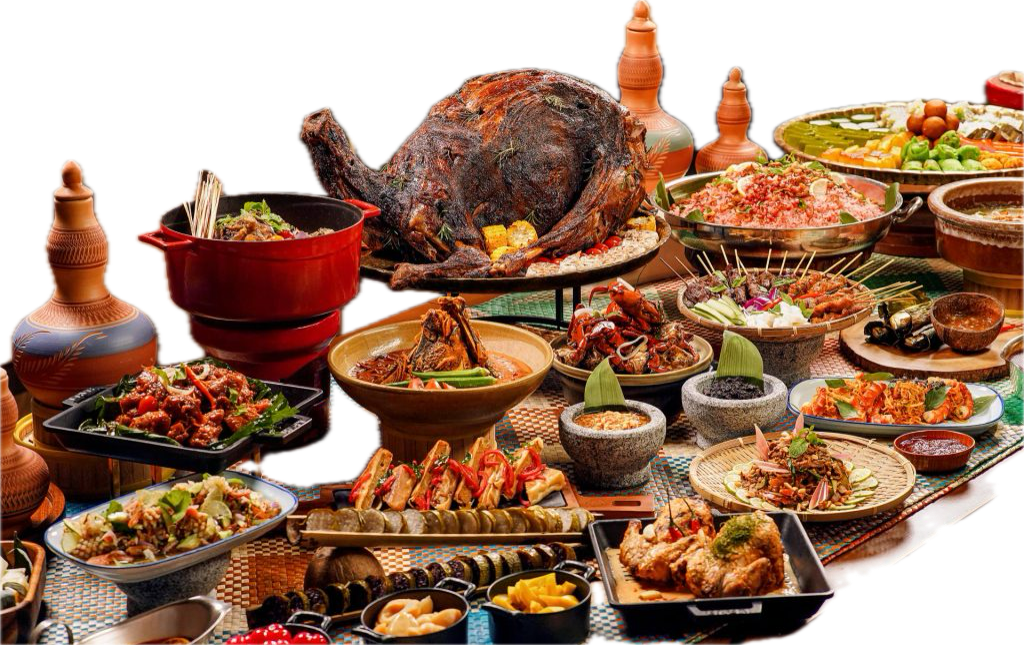THE CAFFEINATED TRIFLE CALLED TIRAMISU

The internet is collectively losing its mind over Coffee Bean & Tea Leaf’s tiramisu. My friend stalked CBTL one fine morning, only to be told she can only buy two tiramisu at one time. CBTL’s tiramisu is tasty. Yes, it’s photogenic. The taste is further enhanced with the Espresso Cream Crown, which you have to buy separately. But, it is not a sacred relic. It’s a dessert that’s been chilling in a fridge next to the other cakes. Let’s not act like it was handcrafted by an old Italian nonna. And about that boozy kick everyone keeps raving about? Hate to break it to you, but real tiramisu — the one Italians actually eat — doesn’t even contain alcohol. No rum, no Kahlúa, no “mysterious adult flavour” you pretend to recognise. Just espresso, ladyfingers, mascarpone, eggs (I don’t have it in my recipe) sugar, and cocoa. That’s it. Also — and this is the kicker — tiramisu is incredibly easy to make. It’s a no-bake dessert that requires zero cooking skill and minimal effort. If you ca...





